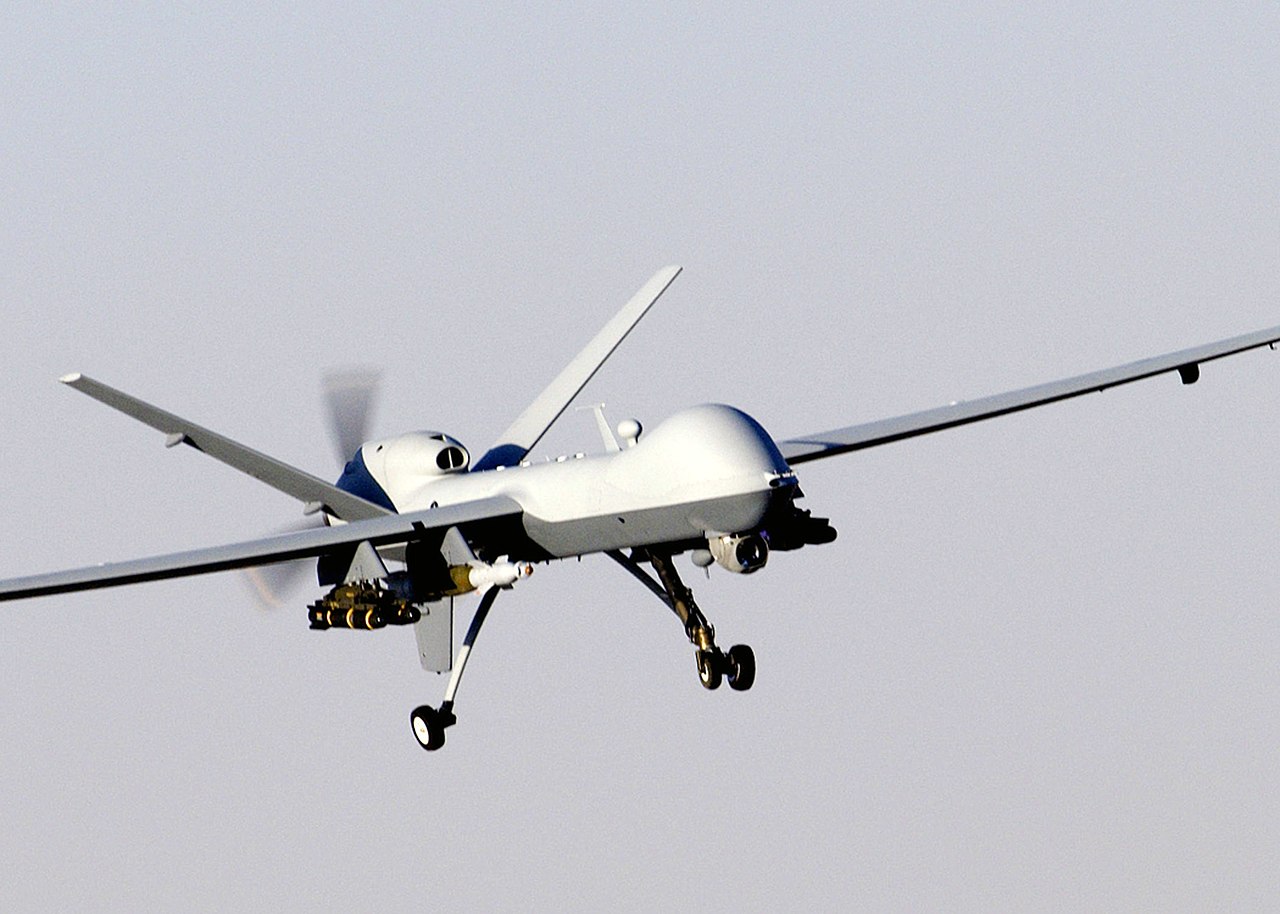
The recent military coups in West Africa have severely impacted U.S. and French counterterrorism and intelligence operations in the region. Niger, a key ally in the fight against Islamist extremism, has been a strategic hub for AFRICOM, hosting critical drone bases that support ISR (Intelligence, Surveillance, and Reconnaissance) missions across the Sahel. As the withdrawal of Western troops from the region nears completion AFRICOM and its allies are seeking alternative strategies to maintain ISR advantages, including exploring new drone capabilities to replace the MQ-9 Reaper.
Background on West African Coups and Their Impact on ISR Operations
In recent years, West Africa has seen a wave of military coups, notably in Mali (2020 and 2021), Burkina Faso (2022), and Niger (2023). The ousting of Niger’s government forced the U.S. to cede access to Air Base 101 in Niamey and Air Base 201 in Agadez – key drone bases central to AFRICOM’s operations. The closure of Nigerien airspace following the coup forced AFRICOM and France to explore alternative basing options in nearby countries, such as Ghana, Benin and Ivory Coast, though these negotiations are still in the early stages.
Russian forces have swiftly established a military foothold several hundred meters from Air Base 201 and analysts predict China will begin to capitalize on the U.S. absence, expanding its overseas foothold beyond its sole base in Djibouti.
AFRICOM’s Need for New ISR Drones
Events in Niger have highlighted the limitations of AFRICOM’s current ISR platforms, particularly the MQ-9 Reaper. The chief of the strategic capabilities division for AFRICOM noted that the U.S.’s plan to phase out the MQ-9 due to its legacy status could render U.S. ISR capabilities all but useless by 2026.
The MQ-9, a workhorse in U.S. drone operations, offers an endurance of about 27 hours and can carry a payload of up to 3,850 pounds (1,746 kg), including Hellfire missiles, GBU-12 Paveway II bombs, and various sensor packages. However, its relatively low cruising speed of 230 miles (370 kph) per hour (compared with the RQ-4 Global Hawk at 357 mph (575 mph)) and medium-altitude operational range limit its effectiveness in regions where adversaries utilize electronic warfare and anti-aircraft systems. Its dependence on established bases for launch and recovery makes it less adaptable to the fluid security landscape of West Africa where refueling options are growing increasingly limited.
In contrast, newer ISR platforms offer significant improvements. For example, the MQ-9B SkyGuardian, an upgraded version of the Reaper, boasts an endurance of up to 40 hours and enhanced sensor capabilities, including maritime patrol and synthetic aperture radar. The MQ-1C Gray Eagle, also used by the U.S. Army, offers a similar endurance of around 25 hours but is equipped with advanced avionics and more flexible payload configurations better suited for modern ISR needs.
However, the Pentagon is ultimately looking to replace the drone with a long-endurance system capable of loitering for multiple days at a time. Reports have indicated tests where reconnaissance drones flew for three to eight days straight, some solar-powered.
The Geopolitical Implications of ISR Gaps in West Africa
Without real-time intelligence and surveillance, U.S. and allied forces are at a disadvantage in tracking and countering extremist groups like Boko Haram, ISGS (Islamic State in the Greater Sahara), and AQIM (Al-Qaeda in the Islamic Maghreb). These groups have capitalized on the reduced Western military presence to expand their operations, launching more frequent and deadly attacks.
In addition to domestic terrorism, Russia has moved quickly to fill the power vacuum. Russia’s Wagner Group (rebranded as Africa Corps) has deployed troops to Mali, Burkina Faso and announced a defense agreement with Niger. Following the July 2023 coup, Niger’s junta expelled 1,500 French troops supporting U.S. counterterror operations. It also terminated European Union cooperation programs. Anti-West sentiments were further exacerbated by Niger’s alliance with Mali and Burkina Faso who similarly rejected Western support, drawing nearer to Russia.
* * *
AFRICOM’s search for new ISR drone capabilities is not just a technical necessity but a strategic imperative. The challenges posed by the recent coups in West Africa and the shifting geopolitical landscape demand more advanced, flexible, and resilient ISR platforms. As AFRICOM adapts to these new realities, the successful deployment of next-generation drones will be crucial for maintaining the U.S.’s ability to monitor and counter the landscape.
Aja Melville is an accomplished editor and analyst with expertise in open-source intelligence (OSINT) and database management. As the Weapons Editor and Analyst at Military Periscope, Aja has applied her analytical skills and in-depth knowledge in military affairs and global defense sector advancements, particularly focusing on China and the Asia-Pacific region.
Aja's commitment to international relations and Asia-Pacific focus is highlighted by her educational background. She holds a Bachelor of Arts in International Relations and Chinese Language from Bard College, complemented by a Certificate of Advanced International Studies from the Bard Globalization and International Affairs Program. Aja further expanded her linguistic skills with a Certificate of Intensive Language Studies in Chinese (Mandarin) from Qingdao University.




